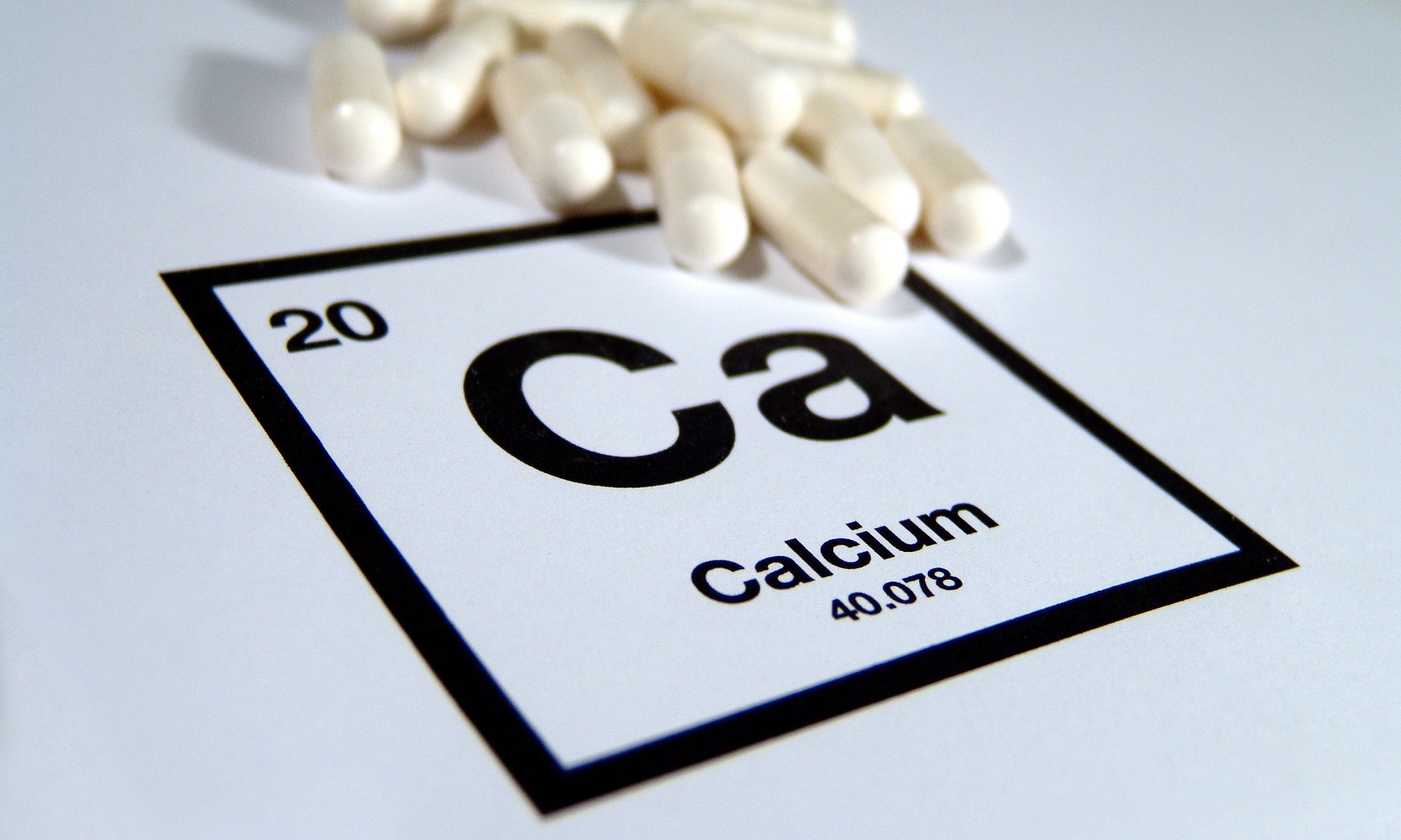Cardiovascular
Meta-analysis supports heart health safety of calcium supplements
Data from the 87,899 participants of the 12 RCTs failed to show any link between calcium supplementation and heart attack, stroke, heart failure admission, and all-cause/cardiovascular mortality.
“These findings are consistent with the most recent meta-analysis of RCTs, which did not find any significant relationship between calcium supplementation and all-cause/cardiovascular mortality or cardiovascular disease,” wrote scientists from the National University of Singapore in Heart, Lung and Circulation.
“These findings are also consistent with the most recent meta-analysis of observational studies, which did not find any significant relationship between calcium supplementation and all-cause/cardiovascular mortality.”
Bone health and heart health
Osteoporosis has been described as a silent killer, and recent data from the National Osteoporosis Foundation showed that approximately 9 million American adults currently have osteoporosis and another 48 million have low bone mass, placing them at increased risk.
Despite the clear benefits of calcium (and vitamin D) for bone health, papers published in 2012 and 2013 in journals such as JAMA, Heart, and the British Medical Journal reported significant adverse cardiovascular effects related to excessive calcium intake in different populations, leading to concerns, and even condemnation of calcium supplements by some.
The plaques that form in diseased arteries are composed mostly of calcium, and some researchers have postulated that this is directly related to the rapid spiking of blood calcium levels following ingestion of the supplement.
An earlier meta-analysis, published in 2015 in the Journal of Bone and Mineral Research, concluded: “The findings that calcium supplementation with or without vitamin D in elderly women did not increase coronary heart disease or all-cause mortality or the separate secondary outcomes of myocardial infarction, angina and acute coronary syndrome, and chronic coronary heart disease verified by clinical review, hospital record, or death certificate are reassuring.”
2023 meta-analysis
The new meta-analysis will add adds further reassurance to the safety of the supplements, not only by the null findings of the analysis, but also by the large number of participants involved in the 12 trials included in the analysis.
The Singapore-based scientists included data from trials that used calcium doses ranging from 500 mg per day to 2,000 mg per day. The studies also used different forms of the mineral, including calcium carbonate, calcium citrate, calcium gluconolactate, and tricalcium phosphate. Interventions lasted from 18 months to almost 12 years.
When the data was pooled together, the researchers found no associations with any of the cardiovascular end points.
“Subgroup analysis focusing on calcium monotherapy/calcium co-therapy with vitamin D, female sex, follow-up duration, and geographical region [also] did not affect the findings,” they said.
“This study is the most recent meta-analysis to consider results from RCTs that provide results on specific cardiovascular outcomes and do not aggregate them into cardiovascular disease.
“However, one limiting factor is that a number of RCTs included in the meta-analysis did not present outcomes as a risk ratio, instead presenting them as an adverse effect (for cardiovascular diseases) or loss to follow-up (for mortality); risk ratios were unadjusted in these cases. Exclusion of these studies during sensitivity analysis did not affect the findings,” they added.
Source: Heart, Lung and Circulation
Published online ahead of print, doi: 10.1016/j.hlc.2023.07.008
“Association Between Calcium Supplementation and the Risk of Cardiovascular Disease and Stroke: A Systematic Review and Meta-Analysis”
Authors: M.G. Sim

